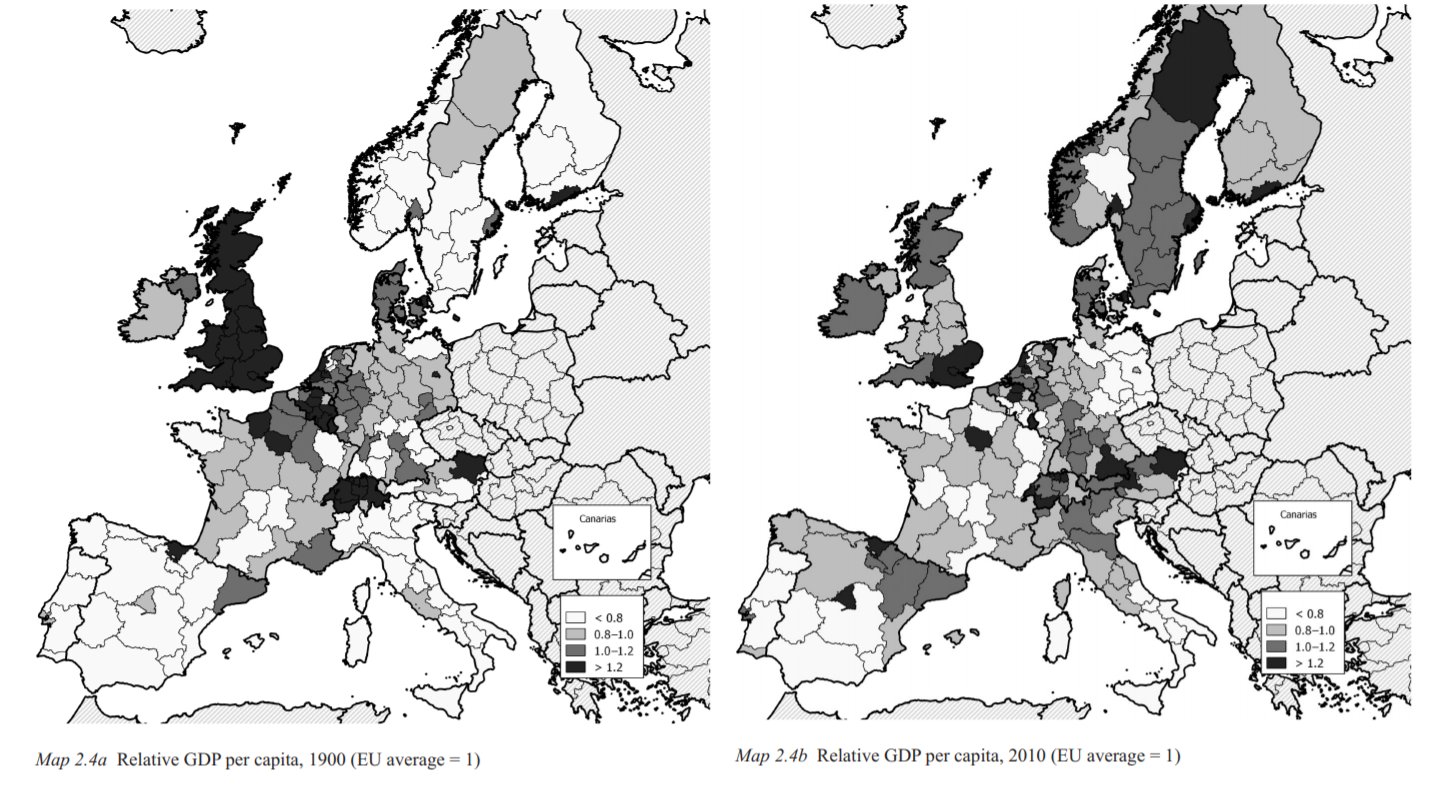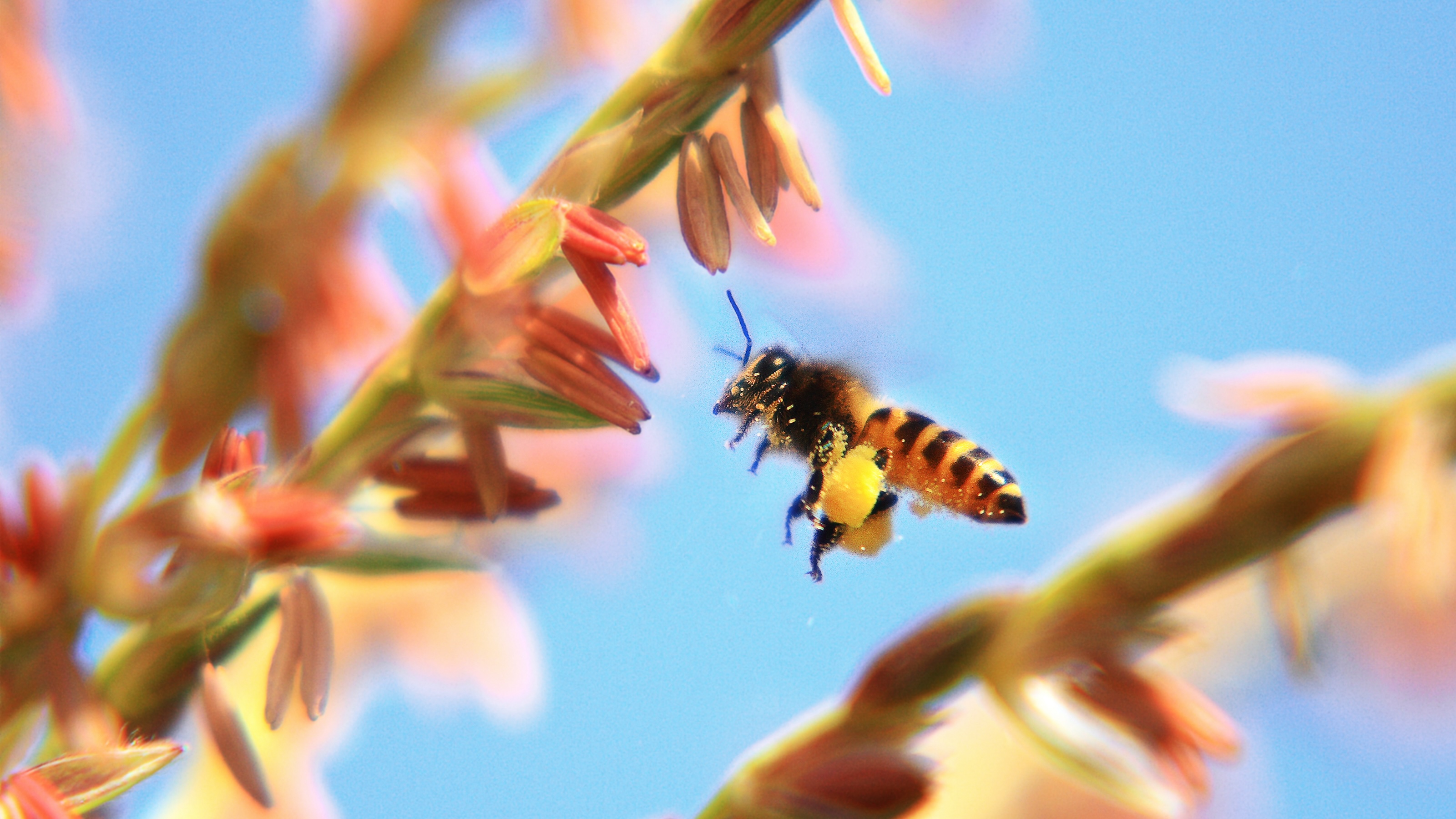Living in the moment is an exception, not the rule. So why do we invest so much energy into a future we can’t predict, control, or anticipate? It turns out our happiness may depend on it. There is something deeply biological about our ability, and our need, to control the future. Despite the fact that the future is precisely what foils our most carefully laid plans, we go on planning for it. An emphasis on future planning is even a vital part of raising children. A great deal of our own well being depends on grooming future generations to hope, to anticipate, to plan.This video is part of a collaborative series with the Hope & Optimism initiative, which has supported interdisciplinary academic research into under-explored aspects of hope and optimism. Discover more at hopeoptimism.com.
VICTORIA MCGEER: What is it about our way of inhabiting our own agency that makes us so directed towards future states of affairs that we don’t completely control whether or not they come about? So these are things that may happen. They’re things that we can work towards, but we never have any guarantee that they will happen. And yet we invest a lot of our energy in that. I’ve come to think of that as a very special and characteristic feature of our own human agency, that we are structured in that way. We just do not have very fulfilling or happy human lives if we’re not directing our agency, our energy towards those anticipated events, hoped for events.
When we think about human development we’re a very atypical kind of species insofar as when we’re born, unlike most other species, we have very little self-standing capacity to survive in the world. We need other people. We need our parents. We need other caregivers to help us develop the kinds of skills or capacities we need to be able to survive, to be able to flourish in our world. So we rely on others to give us those skills, to teach us those skills, to enable us to become fully fledged autonomous individuals. And that process is a long drawn out one and it involves a certain important relationship with our caregivers that they’re able to structure our environment in such a way that they bring us little by little into certain rather complex sorts of engagements with the world, allowing us little by little to build up our capacities for linguistic engagement, for the kind of skills we need to play with toys. You know when you think about very early development and the way a mother may be interacting with her child. Showing the child how to handle a toy or something so the child now comes to be able to do it for him or herself.
Those are very small acts but those are the way we build up all our skills through our long protracted development. And that’s what psychologists have called parental scaffolding that we treat our infants as if they’re capable of doing things that they’re not quite yet capable of but we’re structuring a world for them in which they’re able to try and explore their limitations and maybe be frustrated at times. But slowly, little by little, learn how to do things for themselves that they couldn’t do initially.




